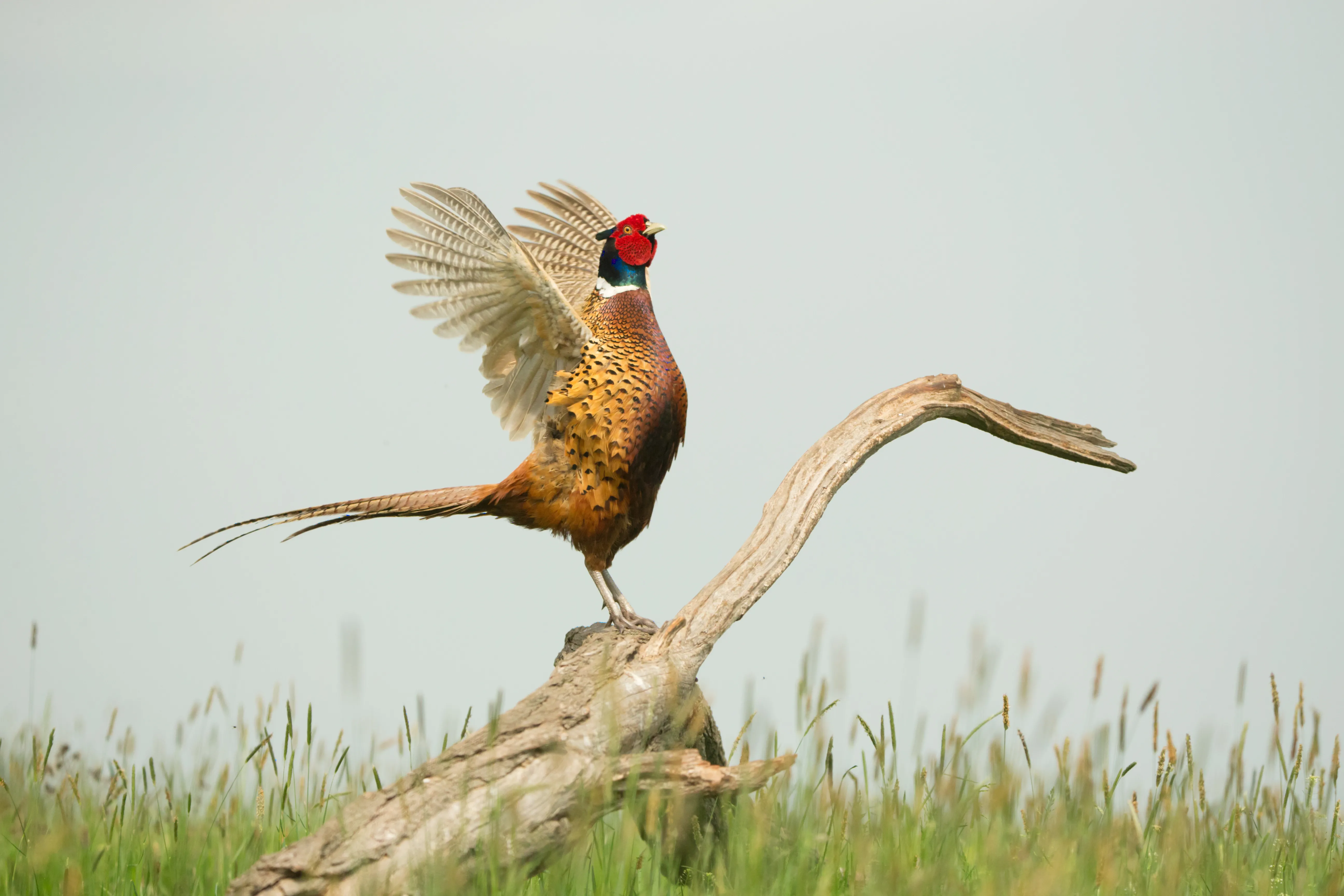Citation

Overview
A full voluntary transition from lead to non-lead shotgun ammunition by 2025 only resulted in a slight, non-significant downward trend in the proportion of Pheasants killed using lead shot over the five-year transition period.
Abstract
Since 2020, the SHOT-SWITCH research project has monitored the proportion of wild-shot common pheasants Phasianus colchicus in Great Britain that were killed using lead and non-lead shot. This was set up in response to UK shooting and rural organisations’ announcement that game shooters should make a full voluntary transition from lead to non-lead shotgun ammunition by 2025 and initiatives by retailers and wholesalers of game meat products. In the study’s fifth and final season (2024/2025), 99% of pheasants obtained from businesses other than Waitrose & Partners had been killed using lead ammunition. There has only been a slight, non-significant downward trend in the proportion of pheasants killed using lead shot over the five-year transition period. Although some food retailers have stated their intention to cease selling game meat products from animals killed using lead ammunition, our study indicates that these initiatives have made limited progress so far. It appears that voluntary efforts to encourage shooters to switch from lead to non-lead shotgun ammunition for game shooting have been unsuccessful and have been diminishing as the deadline for complete transition approached.

